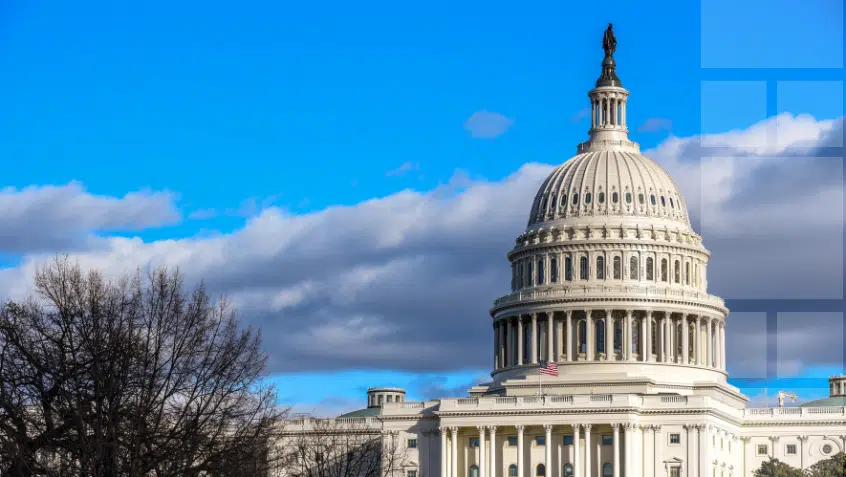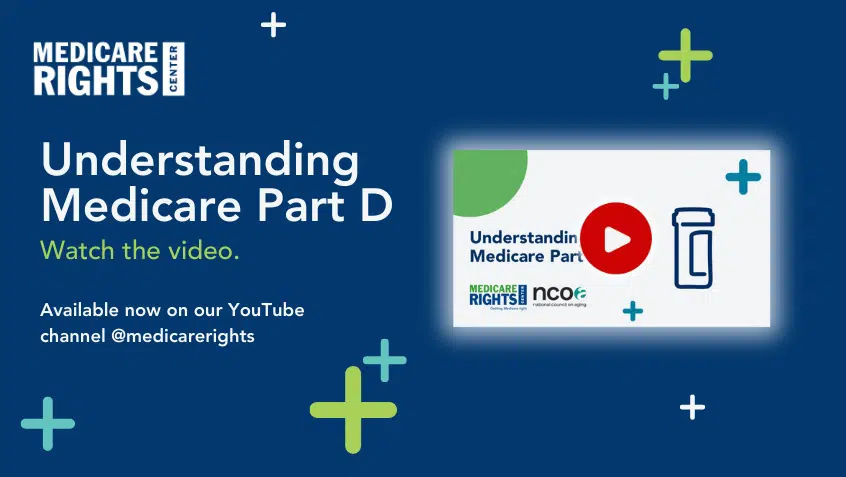Join Us Live for a Discussion on Medicare, Democracy, and the Future of Health Care
How Coronavirus Might Change Future Health Costs

The coronavirus public health emergency is likely to have a sweeping impact on the entire American health care system, including costs and affordability. This week, the Peterson Center on Healthcare and KFF (Kaiser Family Foundation) released a brief discussing possible changes to health care costs, including within the Medicare and Medicaid programs, moving forward.
Much is unknown about these ultimate effects, and the brief points to ways the COVID-19 (also called coronavirus) surge may both increase and lessen health costs. For example, costs are likely to go up because of the expense of providing testing and treatment for those with coronavirus. While the tests themselves are relatively inexpensive, these amounts will add up quickly as testing becomes more widespread. If someone requires hospitalization, the associated costs increase dramatically, averaging around $10,000 to $20,000 for relatively straight forward cases, and growing from there for people who require more extensive treatment.
The extent to which these costs accrue will depend on the number and severity of cases, which in turn depends on the success of existing and future public health mitigation efforts. Models vary on when the current outbreak will peak in the U.S. and suggest that prematurely relaxing social distancing measures could lead to another wave of infections and interventions, further driving up costs.
Additional variables include the potential development of a vaccine and other curative measures. This could lower costs by reducing the strain of the virus on the system, while also raising them by introducing new drugs and treatments into the market.
The brief includes special considerations for the Medicare program. People with Medicare are likely to be in groups at higher risk for complications from coronavirus and changes to the program are temporarily allowing more use of telehealth, increasing beneficiary access to care during the emergency period and potentially offsetting a decline in the number of in-person office visits and the associated Medicare spending that would otherwise occur. This may mean that Medicare’s costs go up this year, beyond what was originally projected. If this happens, people with Medicare could face an increase in out-of-pocket spending in future years in the form of higher premiums, deductibles, and other cost-sharing requirements.
Medicaid’s expenses are almost guaranteed to see a sharp increase as more people require coverage because of loss of income and job-based coverage.
It is important to protect people with Medicare and those with other coverage from cost increases that may make health coverage and care unaffordable. At Medicare Rights, we will continue to work to ensure that Medicare serves the needs of its beneficiaries and provides high-quality, affordable care.
Read about Medicare coverage during the public health emergency.
Show Comments
We welcome thoughtful, respectful discussion on our website. To maintain a safe and constructive environment, comments that include profanity or violent, threatening language will be hidden. We may ban commentors who repeatedly cross these guidelines.
Help Us Protect & Strengthen Medicare
Donate today and make a lasting impact
More than 67 million people rely on Medicare—but many still face barriers to the care they need. With your support, we provide free, unbiased help to people navigating Medicare and work across the country with federal and state advocates to protect Medicare’s future and address the needs of those it serves.
The Latest
Most Read
Add Medicare to Your Inbox
Sign up to receive Medicare news, policy developments, and other useful updates from the Medicare Rights.
View this profile on InstagramMedicare Rights Center (@medicarerights) • Instagram photos and videos









